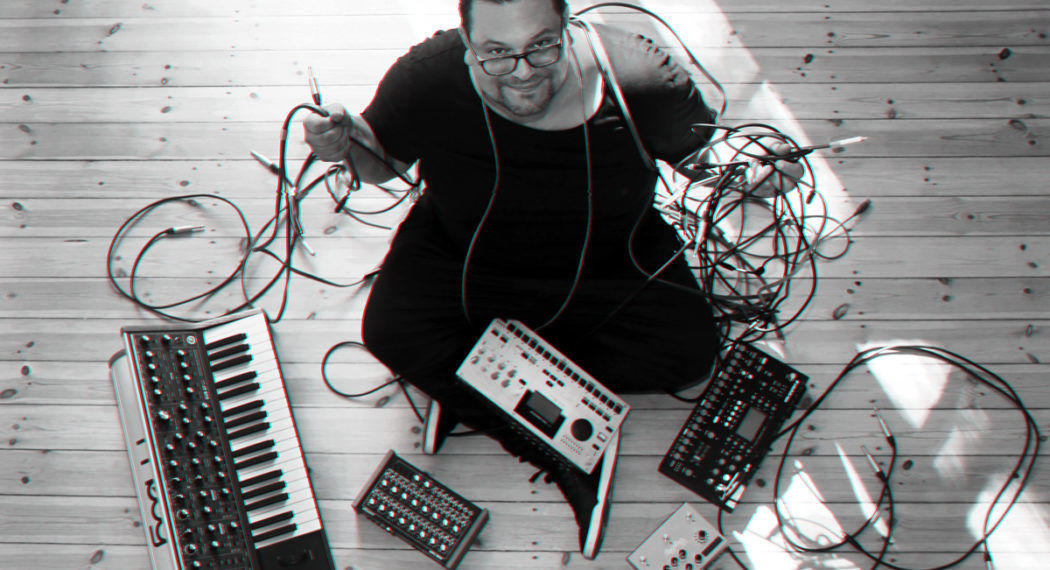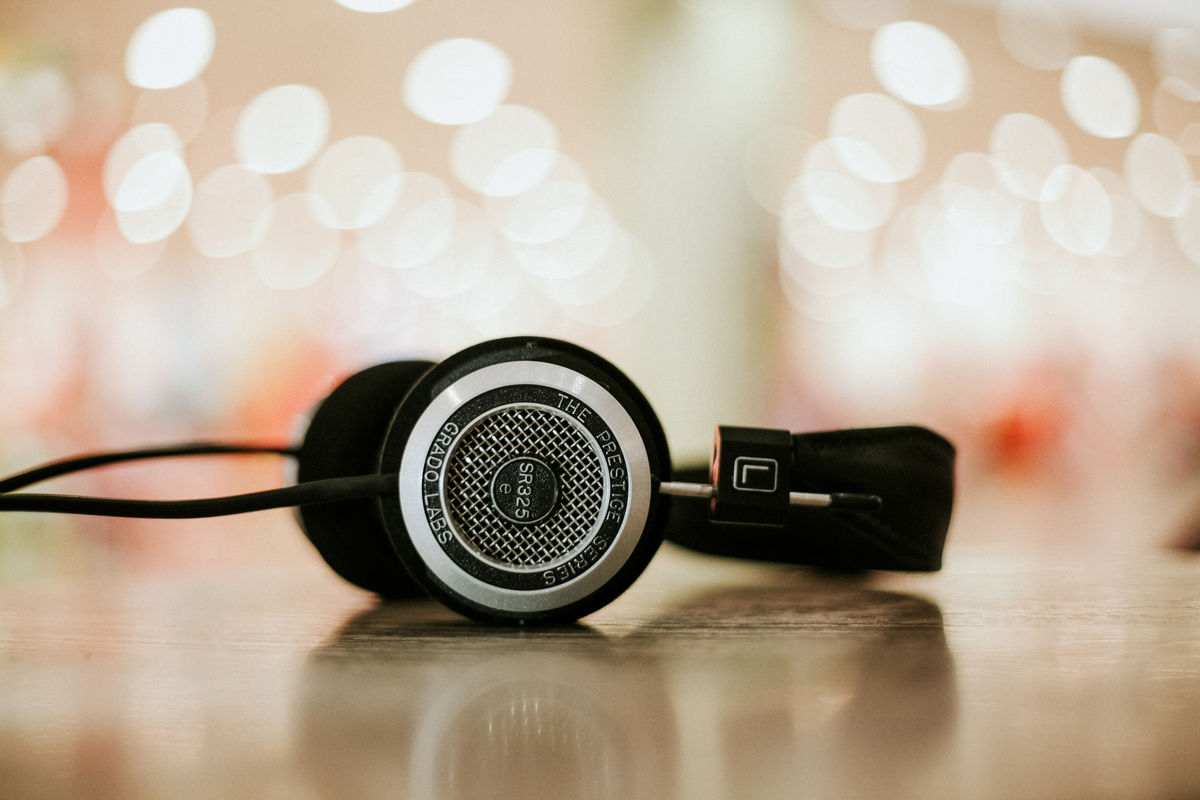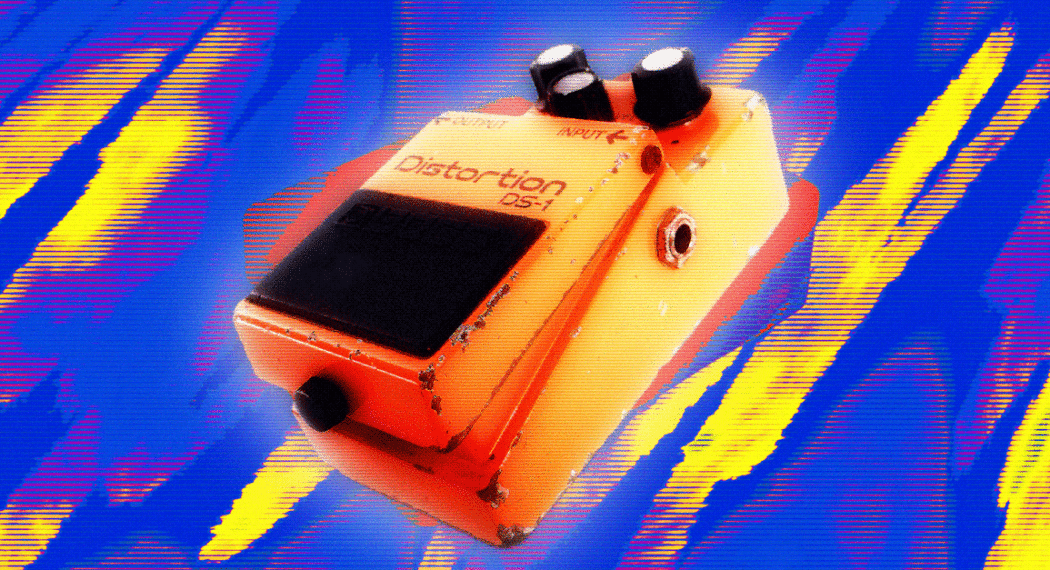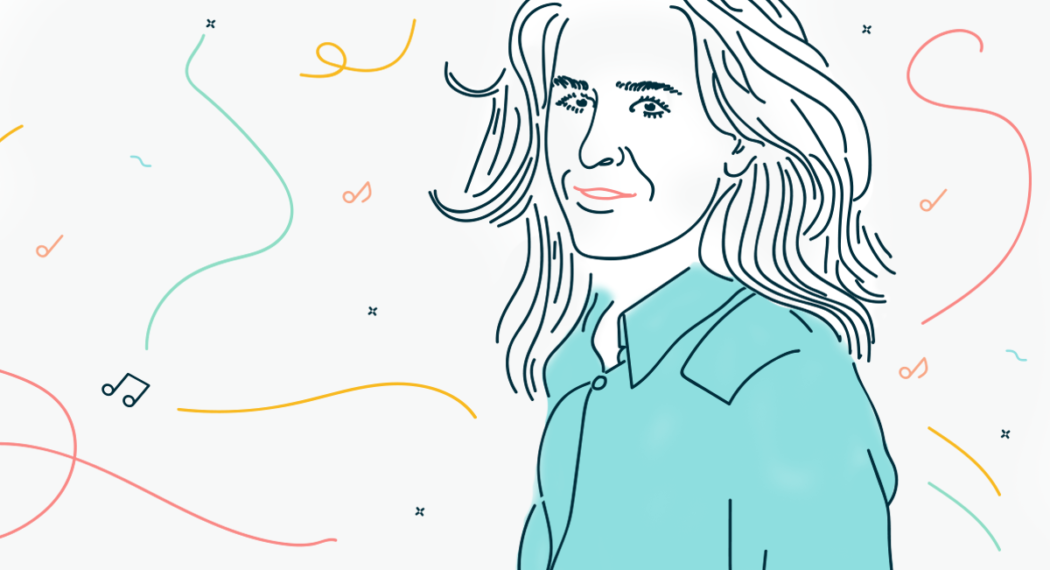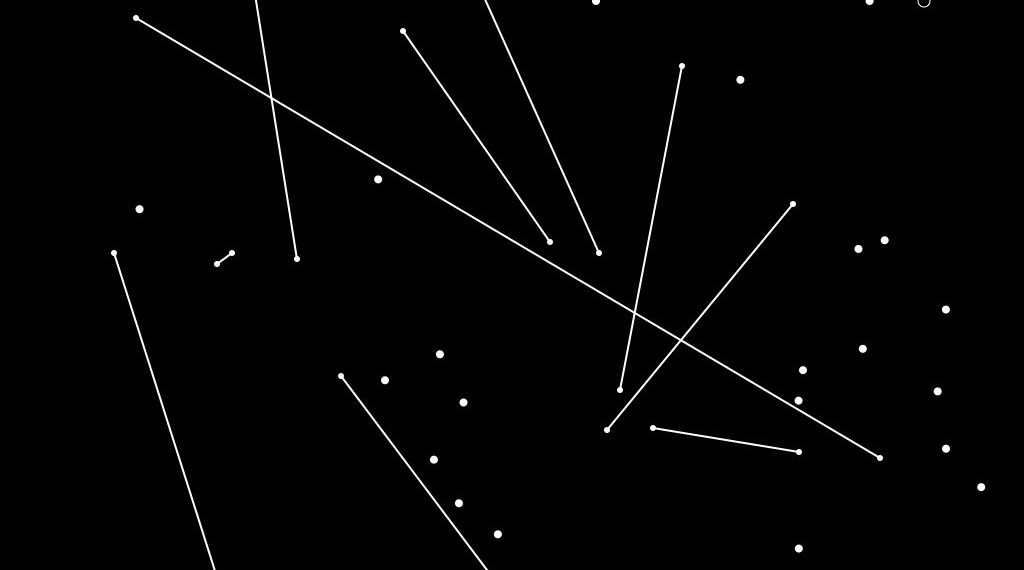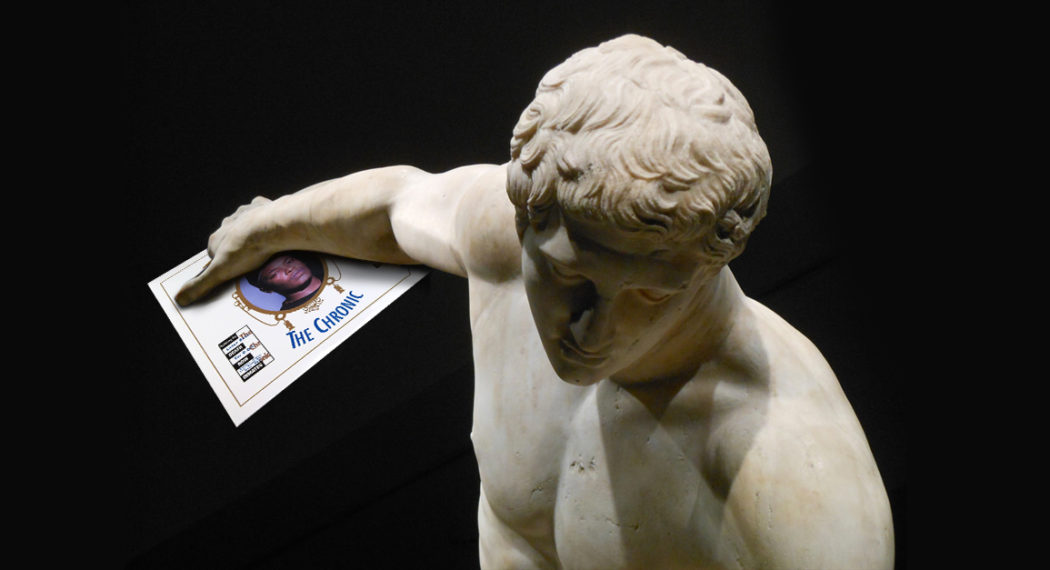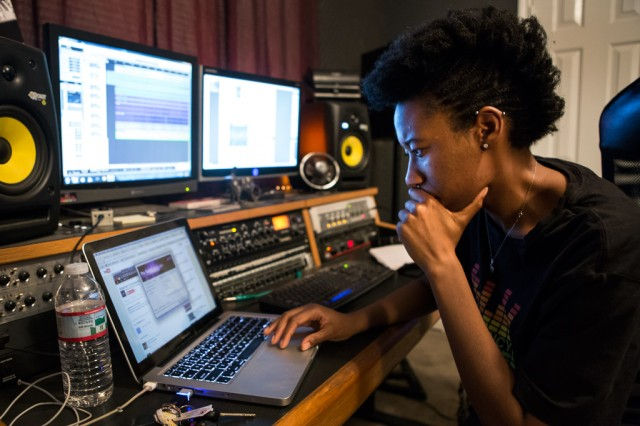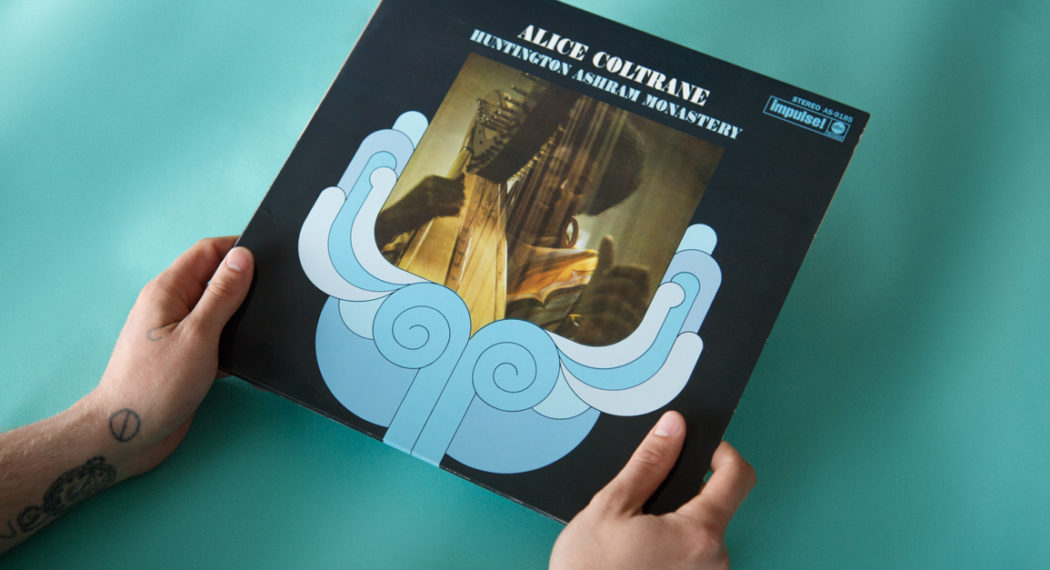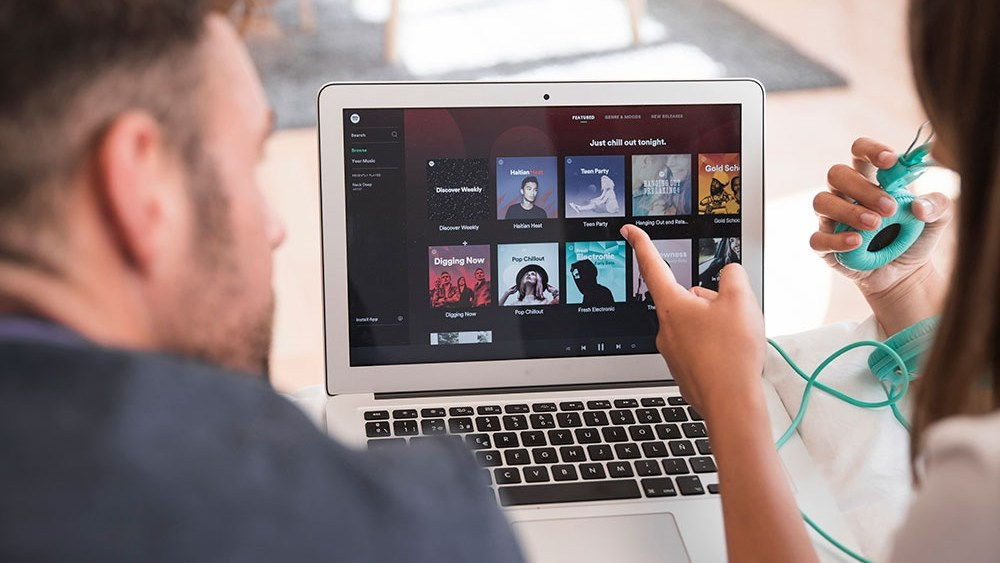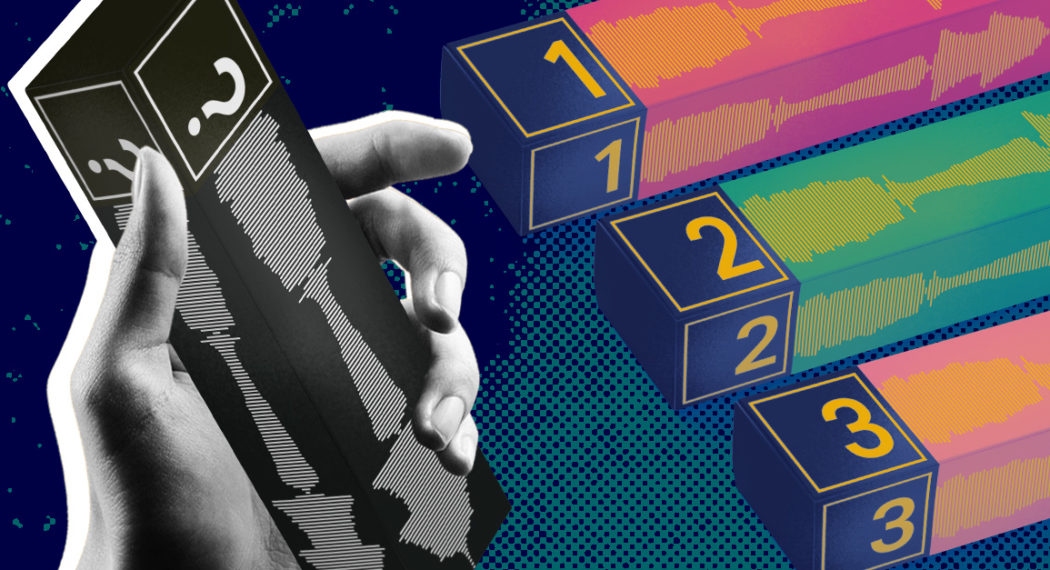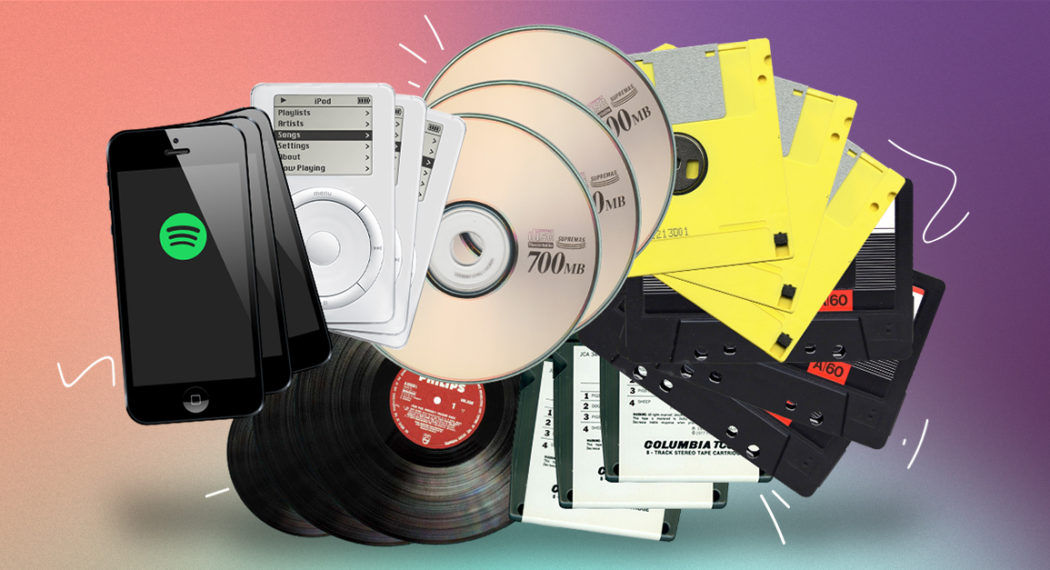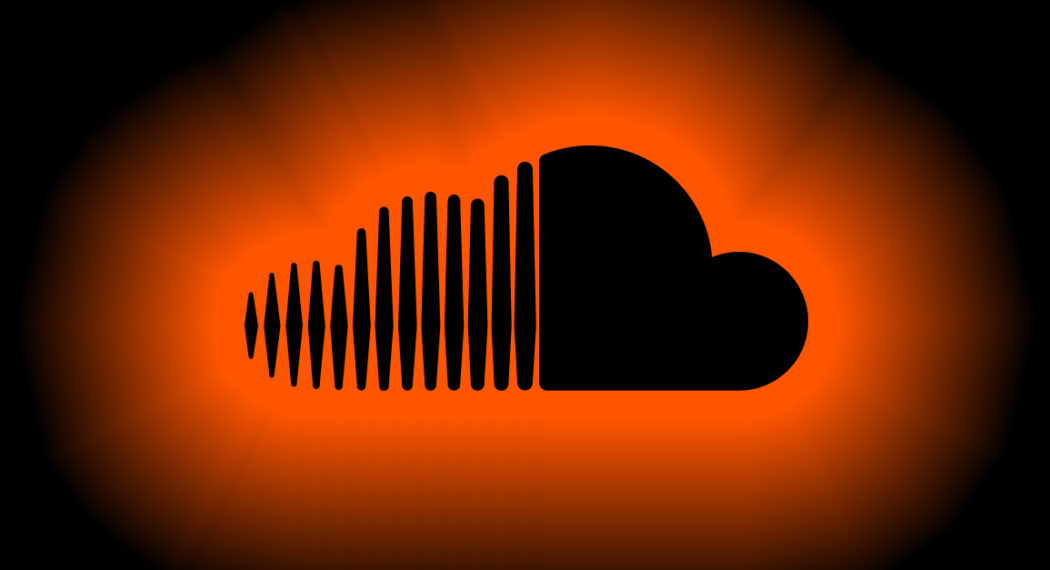Wondering how to get your music on the radio? Make waves with your WAVs. The live streaming power of the internet has revolutionized the radio format.
There are more online stations than ever before. Online radios are today’s best platforms for independent music-makers and DJs.
You’ve just released a hot new track? High five. Now it’s time to promote it to the right people and platforms—otherwise no one will hear it!
Online radios are run by tastemakers. And tastemakers are a vital channel to reach new fans. Radio hosts are the people who shout out the best music that’s coming out these days. They’re often DJs too, so they play their favourite tunes out in clubs and on guest mixes for cool blogs.
Getting your latest release to their ears isn’t as hard as you think. Whether you’re sending your demo or pitching a radio program, here’s how to do it right and get your music heard.
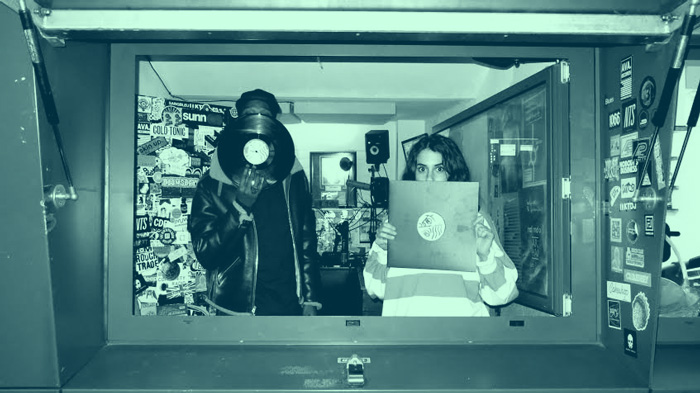
photo: NTS radio
What’s special about online radio stations?
Mainstream radio is boring. It’s not uncommon to hear the same song 15 times a day (work, work, work, work, work).
Online radio stations take music curation very seriously. They’re the new authority for music. Plus there’s no rotating playlist.
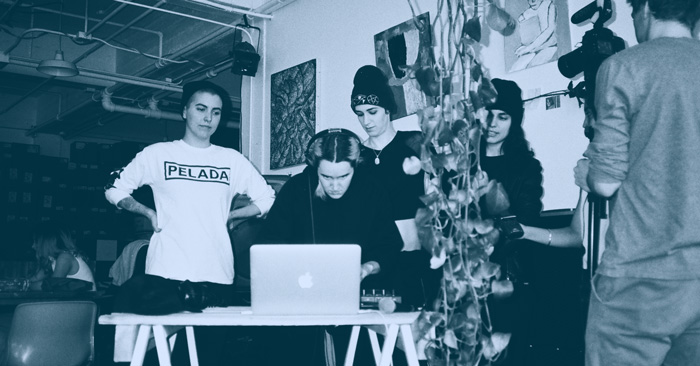
photo: n10.as radio
They’re diverse, independent and community-first. Y’know, all that important stuff that everyone forgot about.
They also have the perfect balance of local emerging talent and international artists.
Do your homework
So how do you get your music on the airwaves? Simple.
Listen closely to their programming. Know their mandate and vision. Get familiar with their hosts. Read their ‘about’ and ‘contact’ pages.
Some stations accept track submissions. Figure out which show is the best fit for your music.
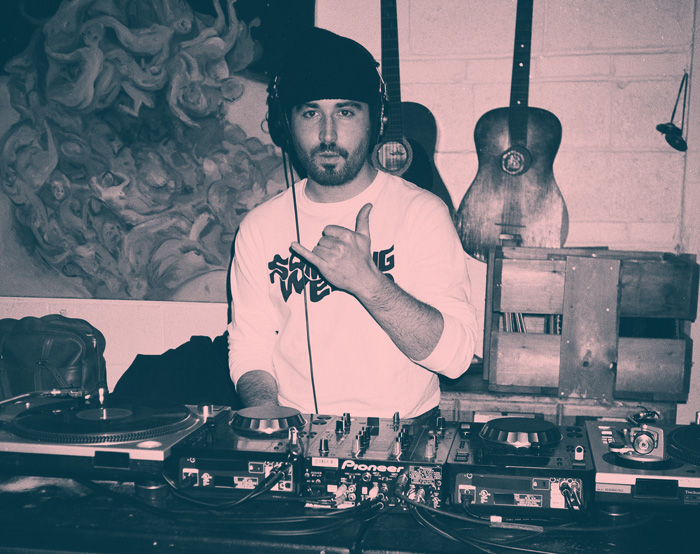
photo: n10.as radio
Other stations don’t take submissions. Contact a specific host directly – through social media or email – if you want to send them a demo.
If you want your own program, use a DJ app to record a set and pitch that. Make sure it represents you and your sound.
DO NOT lead with “check out my SoundCloud.” Start a conversation first and ease into pitching yourself.
Introduce yourself
Online stations love original content and striking personalities. That means you. They receive A LOT of submissions so make sure you stand out.
Expect to not hear back from everyone. If you contact 30 stations and hear back from 1… you’re doing well!
Contact more than one radio station. Draft a sample email but make it personal for each station.
Start by talking about who you are: what music you like, who influences you and the community you are part of.
This isn’t your life story though – be brief!
Share your music
So you’ve done your research. You’re familiar with specific stations, shows and DJs, And you’re starting to reach out.
Now it’s time to share your music.
It goes without saying: present your best work.
It’s best to send a link to your set or track from SoundCloud or Bandcamp. Avoid copy and pasting a full link or sending an attachment.
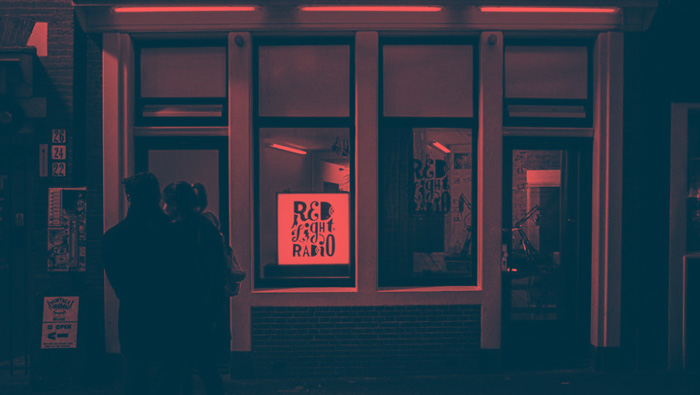
photo: Red Light Radio
Radio stations love exclusive debuts. If you have new music, let them be the first to play it. Use private sharing for a personal touch.
Online radio stations that are making waves right now
Ready for the virtual airwaves? Here is a list of our favourite stations:
- n10.as (Montreal, Canada)
- Red Light Radio (Amsterdam, the Netherlands)
- dublab (Los Angeles, USA)
- dublab.es (Barcelona, Spain)
- Berlin Community Radio (Berlin, Germany)
- NTS (London, UK)
- The Lot Radio (Brooklyn, USA)
- TRP (Toronto, Canada)
- Know Wave (New York City, USA)
- RMBA radio (worldwide)
- Rinse FM (London, UK and worldwide)
- Dublin Digital Radio (Dublin, Ireland)
- Into the Blue (Kuala Lumpur, Malaysia)
- Seoul Community Radio (Seoul, South Korea)
- Hotel Radio Paris (Paris, France)
- Diskotopia (Tokyo, Japan)
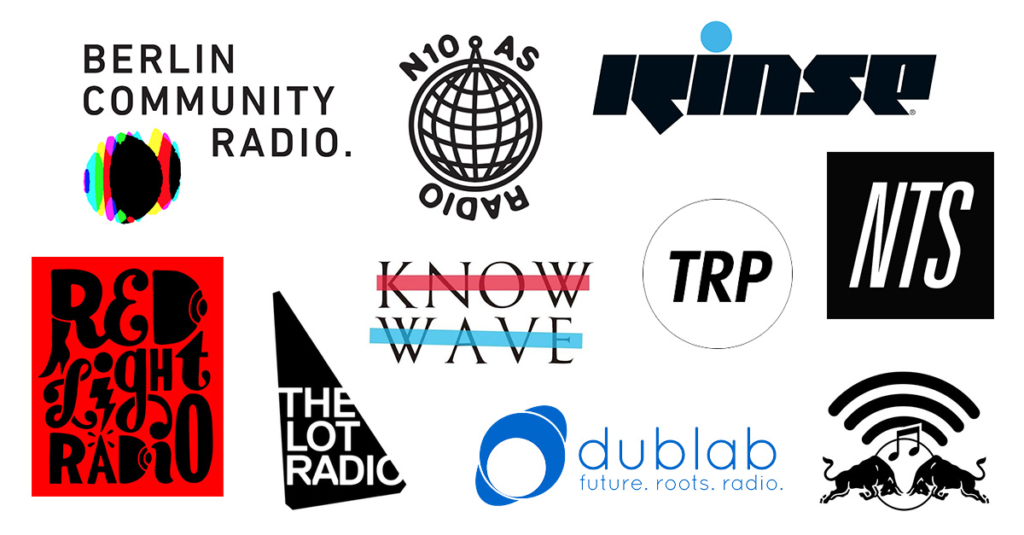
Don’t Stop Now
Now that you know how to get your music on the radio, why stop there?
These music promotion tips are also great for contacting blogs, magazines and other media outlets.
Remember to keep it personal, genuine and short.
Music isn’t only something you do in your studio, it’s a community.

